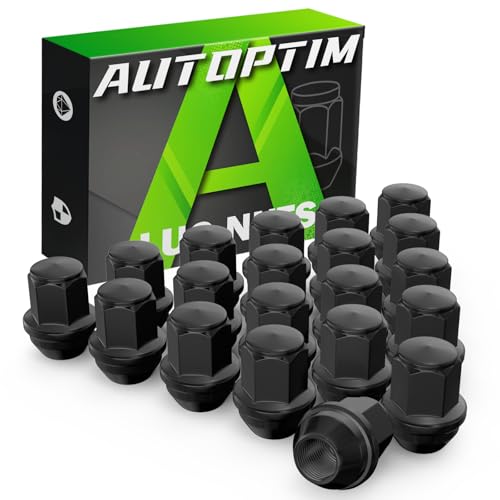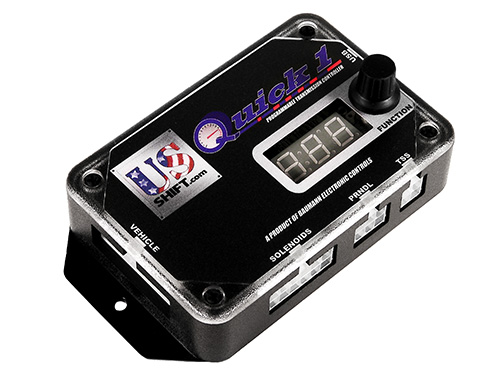Mesozoic
Well-known member
- Joined
- Mar 30, 2011
- Messages
- 415
- Reaction score
- 7
- Location
- Tucson, AZ
- My Car
- 1971 Mustang fastback restomod. Caged, stiffened, lowered, on 17" wheels with 4 wheel disc brakes and Bilstein dampers. PST polygraphite suspension kit w/Mustangs Plus springs. Custom SEFI-EDIS8 EEC-V injection based on '96 Crown Vic harness (CDAN4 strategy). 90mm induction, LMAF, 80mm Accufab TB, Edelbrock Victor intake, 42# injectors, fully ported RHS Pro Action 215 heads, long tube headers. '69 351W stroked to 408 using Scat 4340 crank, H-beam rods, SRP pistons. Comp Cams 284 Magnum hydraulic roller cam, Canton windage tray and main girdle w/blueprinted standard pressure oil pump. Serpentine conversion using late model 5.0 parts. Backed by a built 4R70W, FB Performance 3000 RPM triple-disc converter, custom alum driveshaft, stock Ford 9" w/3.50:1 billet LS.
Alright, so I've made my decision. I'm going with a 4R70W. I already have a manual transmission Mustang that's TKO equipped, so I don't need another. Besides, these modern autos can be manually shifted and lockup in any gear so I don't think the efficiency that manuals used to have over autos is really that much different anymore.
If I have custom headers built to accomodate the C6 in the car presently is it a safe bet to assume that the 4R70W will fit them as well?
If I have custom headers built to accomodate the C6 in the car presently is it a safe bet to assume that the 4R70W will fit them as well?















































